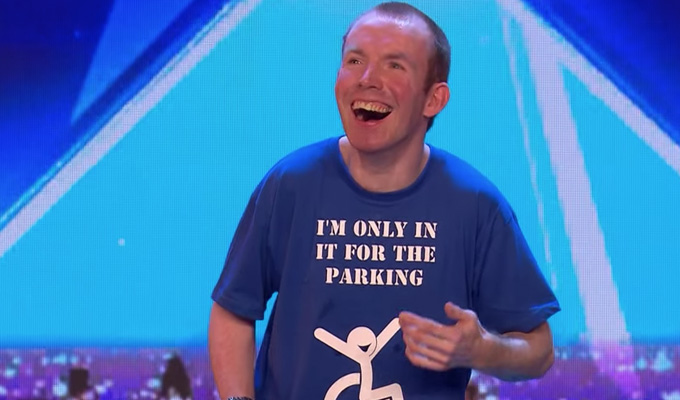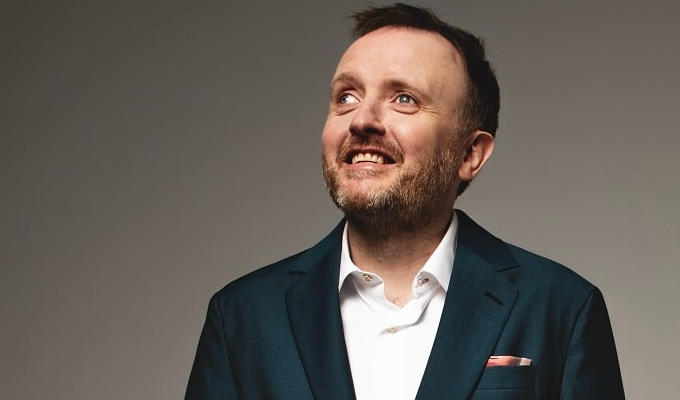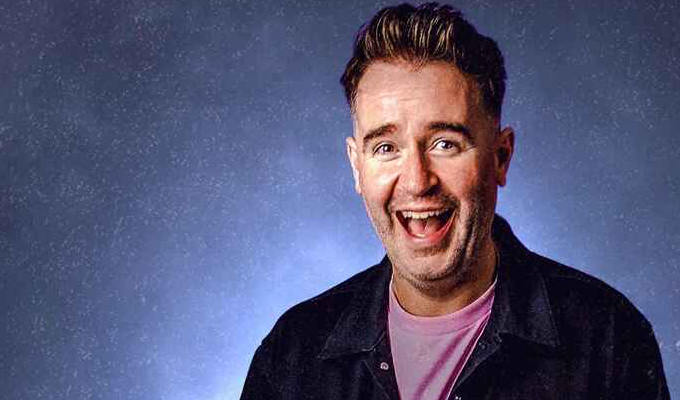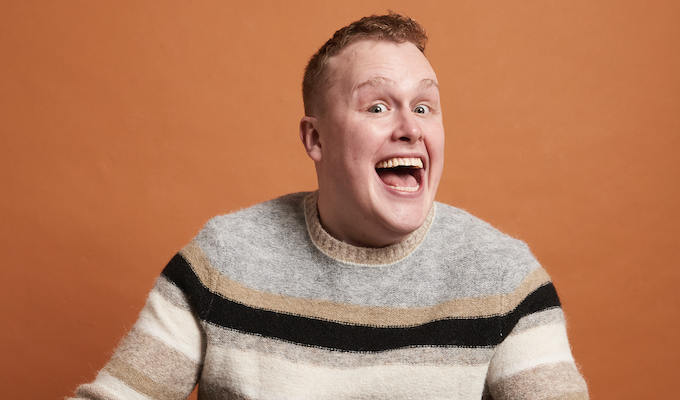
Revealed: What audiences think of disabled comedians
(...if they've ever seen one)
Almost two-thirds of people think comedy can change the way disabled people are perceived, according to a new survey.
Yet a third of the British public have never seen a disabled comedian on stage or screen and three-quarters can’t name three disabled entertainers.
Pollsters at Opinium also asked what reaction people had when they heard a disabled comedian jokes about disability.
The reactions were:
- It was great to hear jokes from a different perspective: 25 per cent
- It was great to be able to laugh with the comedian: 25 per cent
- Joking about disability made me feel awkward:18 per cent
- It was great to hear a topic we don’t hear joked about much: 17 per cent
- I thought they were inspiring: 12 per cent
- I felt guilty: 10 per cent
- I was surprised how comfortable it felt either straight away or after the first couple of jokes: 9 per cent
- I thought they were one-trick ponies: 7 per cent
- I thought they were looking for the sympathy vote: 5 per cent
- I have not heard a disabled comedian joke about disability: 30 per cent
The figures are revealed in a new survey of more than 2,000 people for the disability equality charity Scope which offers a rare insight into audience reactions to disabled comedians. But perhaps worryingly the research suggests the vast majority don’t want to hear jokes ‘from a different perspective’. And some disabled comics take issue at being considered ‘inspiring’.
A spokesperson for Scope said: ‘Even after Lost Voice Guy won Britain’s Got Talent in 2018 - with disabled comedian Robert White also coming runner-up – it appears more needs to be done to get disability and disabled comedians to break through into the mainstream.’
Warren Kirwan, head of communications at Scope, says: ‘Our research shows we’ve still got work to do to feel familiar and comfortable with disabled comedians and entertainers on stage and screen.
‘But that’s a first step to breaking down the awkwardness we still feel around disability.
‘Lots of progress is being made by TV and the creative industries, but there’s a way to go yet. Comedy is a great way to challenge attitudes and break down barriers. Scope urges the entertainment industry to go even further in 2020 to make sure their talent on stage and on screen is more reflective of the country we live in.’
The BBC has pledged to make disabled people more visible in its shows, including a second series for Tim Renkow’s sitcom Jerk, comedian Liz Carr taking part in BBC One genealogy show Who Do You Think Toy Are? and a comedy-drama based around Parkinson’s disease from Vicar Of Dibley writer Paul Mayhew-Archer, who has the condition.
Scope’s figures come as the charity prepares for a benefit night at the O2 Shepherd’s Bush Empire in London tonight, hosted by Ben Elton.
The comic said: ‘As a Scope patron, I know too well that negative attitudes towards disabled people are no laughing matter, but I believe that comedy can play a key role in challenging misconceptions and tackling negative attitudes.
‘We all need to see more disabled people on the stage, on our screens and in the media, and this exceptional event puts disabled people firmly centre stage.’
Renkow, Chris McCausland. Jo Coffey. Shazia Mirza and Kae Kurd will also be on the bill
Opinium surveyed 2,005 people online on December 12, with the sample representative of all adults nationally.
Published: 21 Dec 2019






